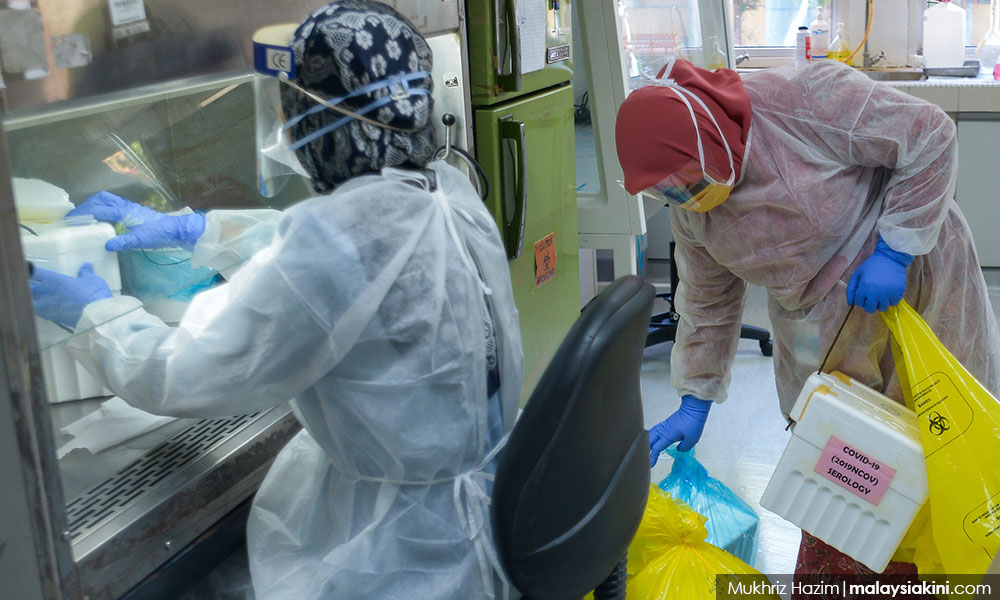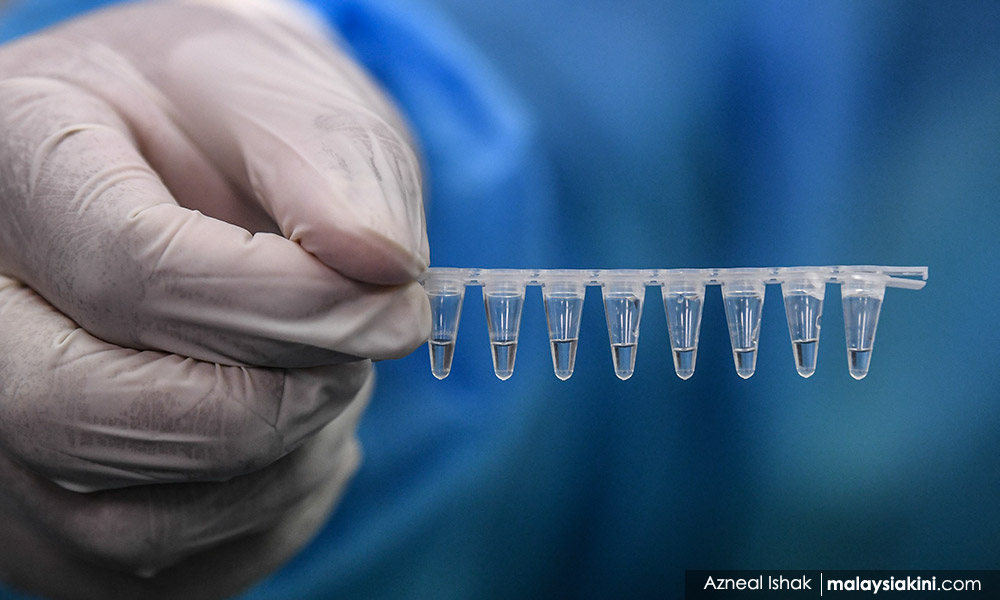Many studies have already demonstrated the benefits of vaccination in preventing Covid-19 infection and mitigating its worst effects.
However, a new paper published on Wednesday might give vaccinated individuals a pause when considering whether it is time to relax precautions against the disease.
The study published in the New England Journal of Medicine found that some fully vaccinated individuals have reported Long Covid-19 symptoms even six weeks after their initial infection.
The study involved 11,453 fully vaccinated healthcare workers working at the Sheba Medical Centre, Israel, and ran for 14 weeks beginning Jan 20, just as the first vaccine recipients at the facility became fully vaccinated with the Pfizer-BioNTech vaccine.
The study was originally conceived to search for factors that may lead to breakthrough Covid-19 infections – ie Covid-19 infections that occur despite full vaccination.
By the end of the study on April 28, they identified only 39 such cases.
One-third of these cases had no symptoms in the entire duration of their infection, while the remaining two-thirds had mild symptoms, such as congestion, myalgia, loss of sense of smell or taste and cough.
None of them required hospitalisation.
During follow-up questioning, however, it was reported that 31 percent of the infected workers still have residual symptoms 14 days after their initial diagnosis.

“At six weeks after their diagnosis, 19 percent (seven workers) reported having ‘long Covid-19’ symptoms, which included a prolonged loss of smell, persistent cough, fatigue, weakness, dyspnoea and myalgia.
“Nine workers (23 percent) took a leave of absence from work beyond the 10 days of required quarantine; of these workers four returned to work within two weeks.
“One worker had not yet returned after six weeks,” the study reported.
The study was conducted at a time when the Alpha variant was the dominant Covid-19 variant in Israel, and sequencing confirmed that nearly all cases in this study also involved the Alpha variant.
No one infected by breakthrough cases
Meanwhile, contact tracing identified that in all 39 cases, the likely source of infection was an unvaccinated individual – usually a member of the breakthrough case’s household.
The researchers were unable to find a single case where someone had been infected by these breakthrough cases.
Nevertheless, RT-PCR test results found that all but six of them had carried enough virus to be likely to have been infectious at some point of their infection.

“(This) supports the inference that these workers were less contagious than unvaccinated persons, as has been reported previously.
“Mandated isolation after positive results on RT-PCR assay regardless of vaccination status could have contributed to this observation,” the researchers wrote.
However, the researchers noted that some of the breakthrough cases who were likely to have been infectious included asymptomatic cases, and warned this poses a risk to vulnerable populations since such cases are more likely to go unnoticed.
Antibody level linked to breakthrough risk
Meanwhile, in 22 of the breakthrough cases, researchers were able to obtain data on their antibody levels that were taken on the day of their Covid-19 diagnosis or up to seven days earlier.
This was compared against samples from a matching group of healthcare workers who were uninfected.
Based on this, the researchers found that individuals with lower levels of neutralising antibodies were more likely to experience breakthrough infections – providing some of the earliest direct evidence of this phenomenon.
Due to the small size of the study, however, researchers were unable to identify what level of antibodies would be protective against infection. This would have been crucial information for informing decisions on when a booster shot might be needed.
For the record, neutralising antibodies are a type of antibodies that are capable of blocking key parts of the virus that causes Covid-19, hence preventing it from infecting human cells.
Apart from its small size, the paper is also limited by its mostly young and healthy study population.
The average age of the breakthrough cases is only 42 and only 11 cases have any co-morbidities. This limits the inferences that can be drawn based on this study on other populations, particularly those who might be more susceptible to Covid-19. - Mkini




No comments:
Post a Comment
Note: Only a member of this blog may post a comment.